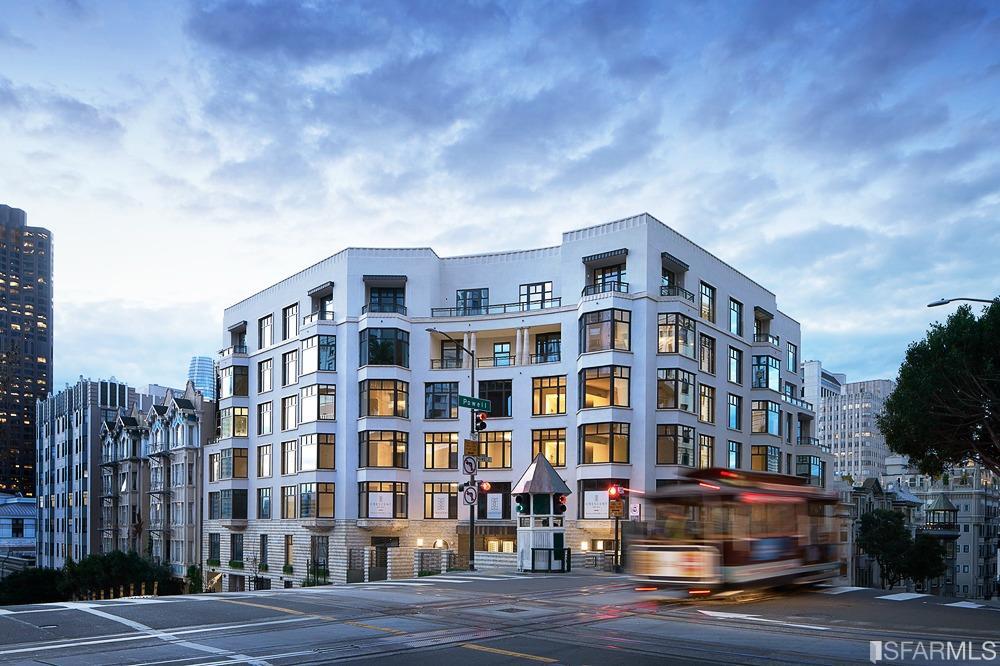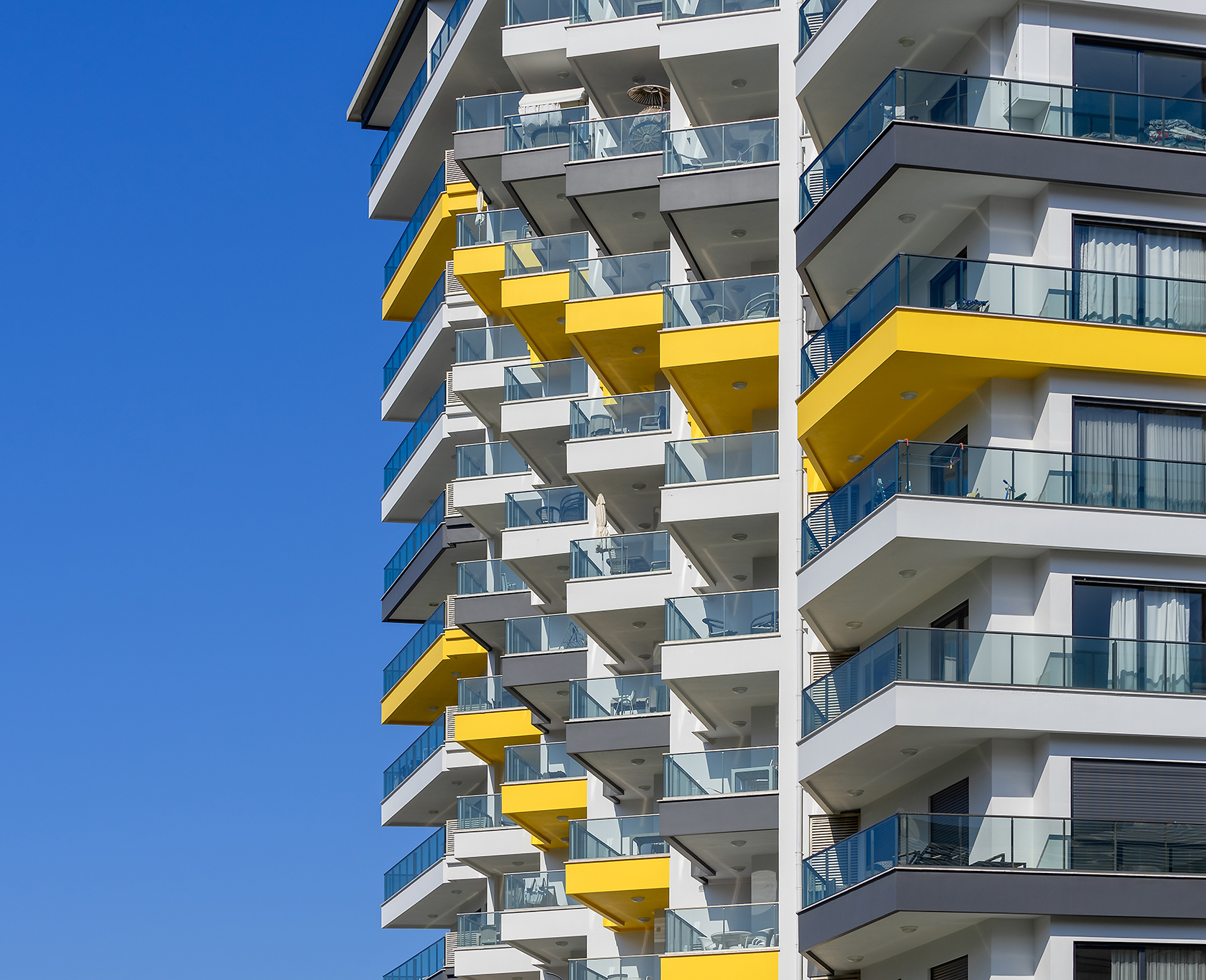The Function of an HOA in Establishing and Enforcing Neighborhood Guidelines for Citizens
The function of a Homeowners Association (HOA) in establishing and imposing community standards is basic to keeping a orderly and cohesive residential environment. By creating clear regulations that control elements such as building maintenance and neighborhood conduct, the HOA not only sets criteria for homeowners however likewise fosters a feeling of belonging and liability.
Understanding Homeowners Organizations
Homeowners associations (HOAs) act as controling bodies for household neighborhoods, playing a critical function in maintaining residential or commercial property worths and promoting a sense of area. Normally developed by programmers, HOAs are made up of homeowners within a marked area that elect a board to oversee the organization's activities. The key functions of an HOA consist of imposing community policies, managing usual areas, and arranging neighborhood occasions.
HOAs operate under a collection of governing papers, including conditions, commitments, and restrictions (CC&R s), which outline the legal rights and duties of property owners. These laws aim to make sure that residential or commercial properties are kept to a certain requirement, consequently protecting the aesthetic charm and total worth of the community. Furthermore, HOAs usually collect dues from house owners to money maintenance, landscape design, and various other social work.
The existence of an HOA can substantially affect the living experience within an area (hoa condo). While some locals value the organized setting and services provided, others might find particular policies restrictive. Balancing the interests of all home owners is important for an HOA to work efficiently, making certain that it serves its desired purpose of improving community living while respecting individual property owner civil liberties
Creating Area Guidelines

To start, an HOA should conduct studies or hold conferences that permit citizens to articulate their issues and recommendations. This participatory procedure cultivates a feeling of possession and enhances conformity. Next off, the HOA board should assess the responses to recognize common themes and priorities that require formal incorporation in the standards.
It is additionally important to guarantee that the standards are clear, concise, and conveniently comprehended. Ambiguities can result in misconceptions and problems, weakening the objective of the guidelines. The guidelines should be detailed, covering different elements of community living, consisting of residential property maintenance, sound degrees, and use of typical areas.
Enforcement of Regulations
Efficient enforcement of neighborhood policies is crucial for keeping order and making sure that all homeowners follow the developed guidelines. An HOA must execute an organized strategy to enforce these laws, which frequently entails a mix of surveillance, communication, and penalties for non-compliance.
First, normal inspections and community patrols can assist identify offenses, making sure that regulations are constantly used throughout the community. This proactive surveillance enables the HOA to address issues before they rise, cultivating a sense of liability amongst residents.
Second, clear communication is necessary. Locals ought to be educated of the rules and the procedures for reporting infractions. An open line of interaction urges locals to voice issues and look for clarification on standards, which can improve conformity.

Last but not least, when infractions happen, the HOA has to apply effects as detailed in the regulating papers. This might consist of cautioning letters, penalties, or, in serious cases, lawful activity. It is necessary that penalties are used relatively and regularly to keep trust fund within the neighborhood. By successfully enforcing regulations, an HOA can grow an unified living environment that mirrors the cumulative values of its citizens.
Advantages of HOA Rules
Various advantages occur from the application of HOA guidelines, which serve to boost the lifestyle within an area. One main advantage is the maintenance of property values. By implementing requirements for looks and upkeep, HOAs make sure that homes and common locations continue to be eye-catching, fostering a preferable living setting that can lead to boosted home values over time.
Furthermore, HOA policies promote consistency and harmony within the community. This coherence in style and upkeep aids to create a sense of belonging among homeowners, adding to area satisfaction and a positive ambience. Developed standards promote problem resolution amongst neighbors by offering clear assumptions and procedures for behavior, consequently decreasing disagreements.
Another substantial advantage is the arrangement of common features and solutions. Many HOAs manage neighborhood centers such as pools, clubs, and parks, which enhance recreational chances for homeowners. These facilities not only improve the lifestyle however additionally encourage social interaction.
Inevitably, the regulations set forth by an HOA grow an efficient, harmonious neighborhood, making sure that residents appreciate a high standard of living while fostering a supportive setting for all home owners.
Common Difficulties Dealt With by HOAs
Amidst the advantages that house owners associations (HOAs) can give, they likewise come across a range of obstacles Clicking Here that can hinder their performance. One considerable problem is the absence of resident engagement. Lots of property owners might not join meetings or community activities, leading to a separate between the HOA board and locals. This disengagement can cause misconceptions regarding neighborhood standards and a lack of assistance for enforcement efforts.
Another obstacle is the enforcement of regulations and regulations. Conflicts can arise when homeowners feel that enforcement is irregular or prejudiced, potentially causing disputes within the neighborhood. In addition, HOAs typically encounter economic restrictions, which can restrict their capacity to maintain typical locations or fund neighborhood tasks. This can develop dissatisfaction amongst locals that expect high criteria of maintenance.
Furthermore, navigating legal intricacies can be intimidating for HOAs. They have to make sure conformity with state laws while managing their own governing documents, which can be a source of complication. Finally, advancing and altering demographics neighborhood needs need HOAs to adapt their standards, often meeting resistance from see this long-standing residents who are accustomed to typical standards. Resolving these difficulties is vital for cultivating a flourishing and harmonious neighborhood.
Final Thought

By developing clear guidelines that regulate facets such as building upkeep and community conduct, the HOA not just sets standards for residents yet also promotes a feeling of belonging and liability.Homeowners organizations (HOAs) offer as controling bodies for property neighborhoods, playing an important duty in maintaining residential property worths and fostering a sense of community. Several house owners may not participate in conferences or community activities, leading to a detach in between the HOA board and YOURURL.com locals. Transforming demographics and evolving neighborhood needs need HOAs to adapt their guidelines, typically fulfilling resistance from long-standing homeowners who are accustomed to standard norms. With the growth of clear policies and regular enforcement, HOAs advertise home upkeep, area pride, and trust amongst homeowners.